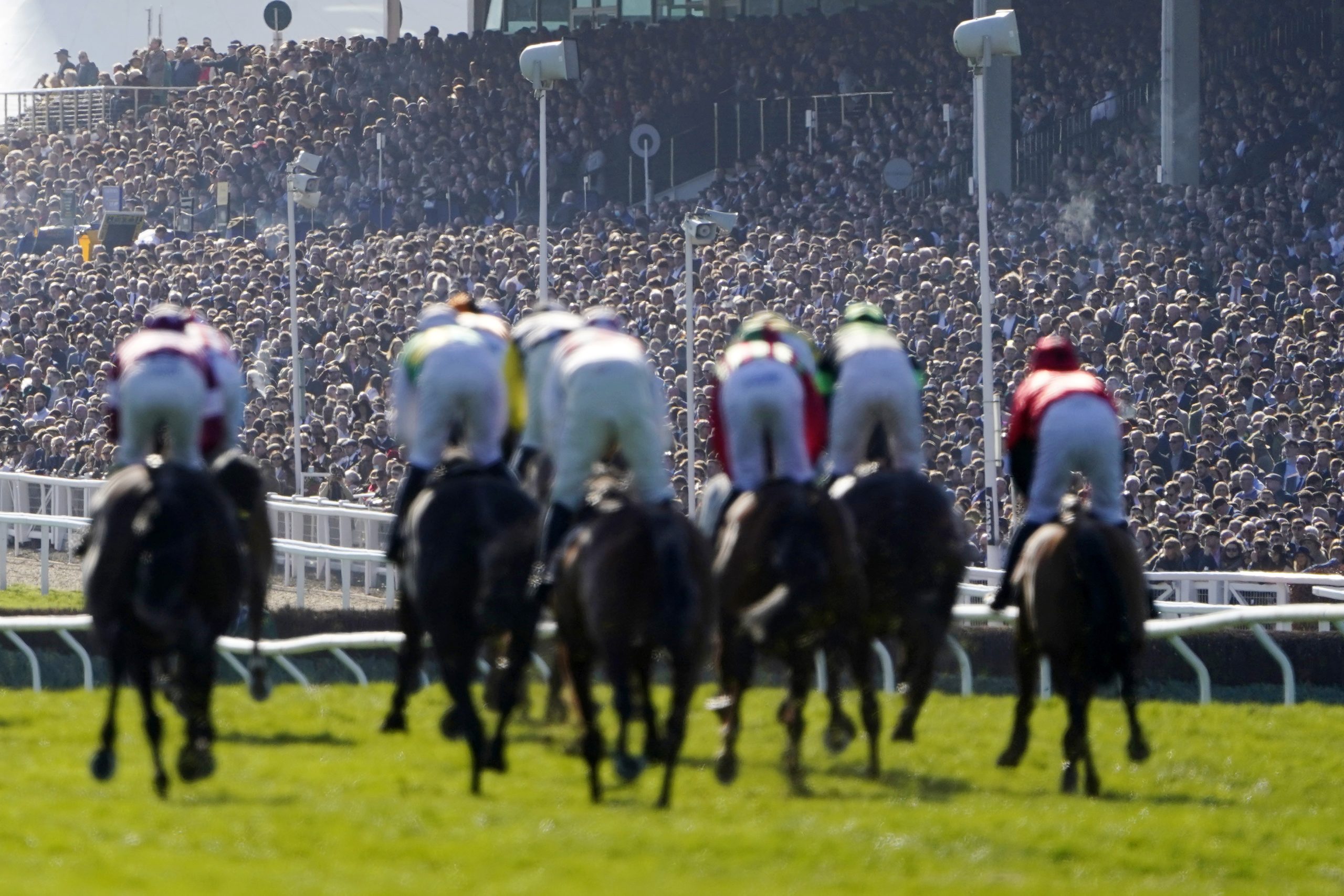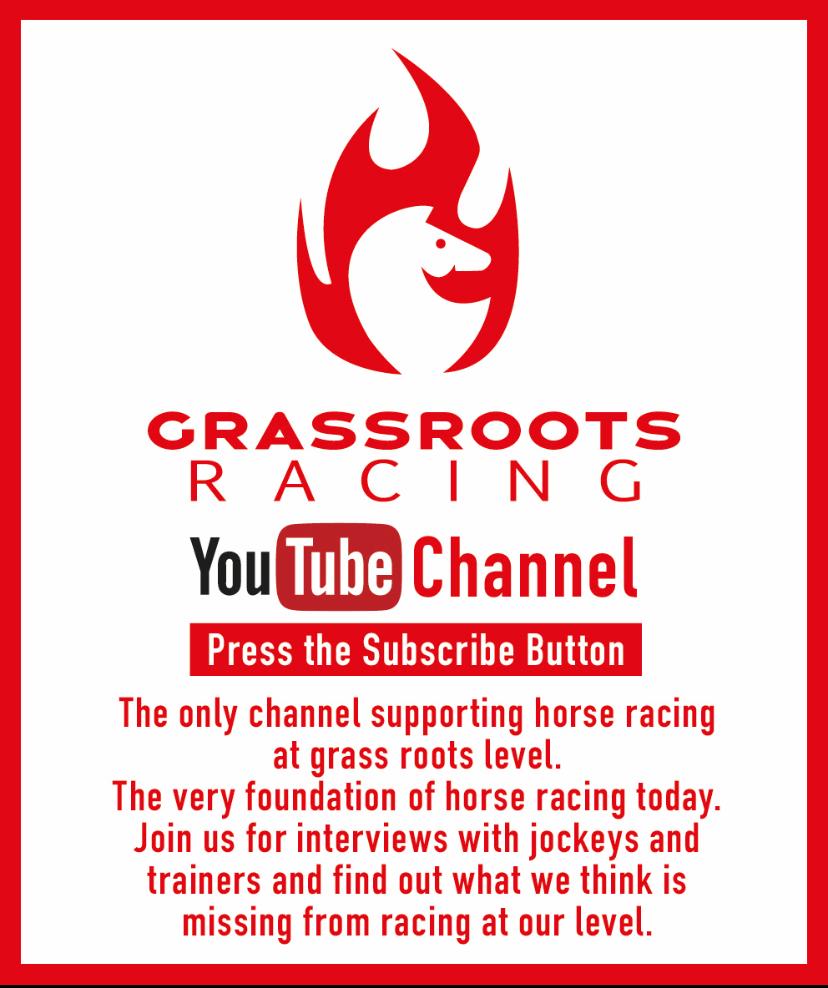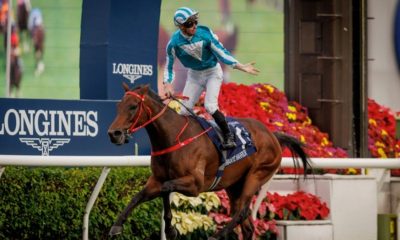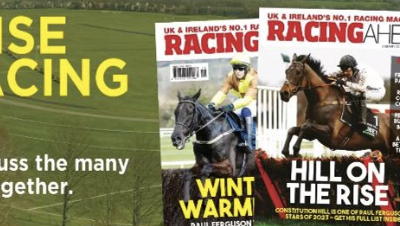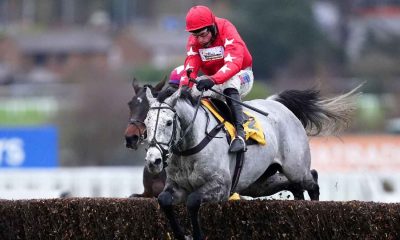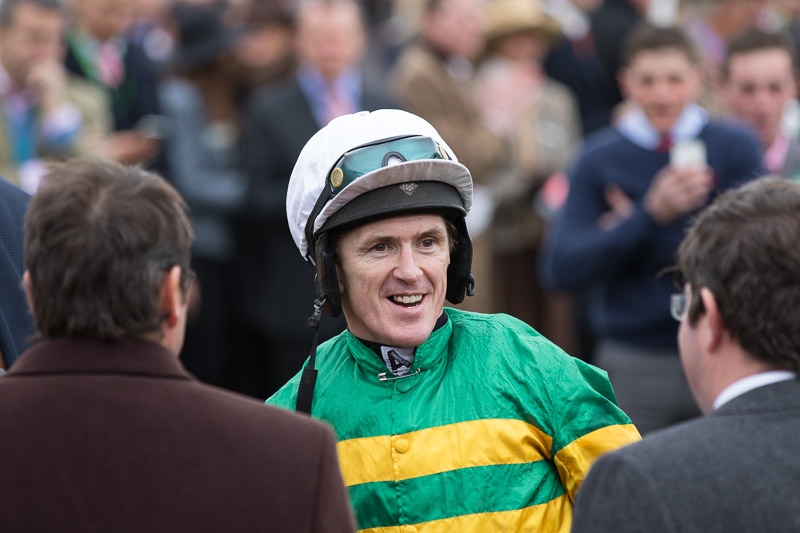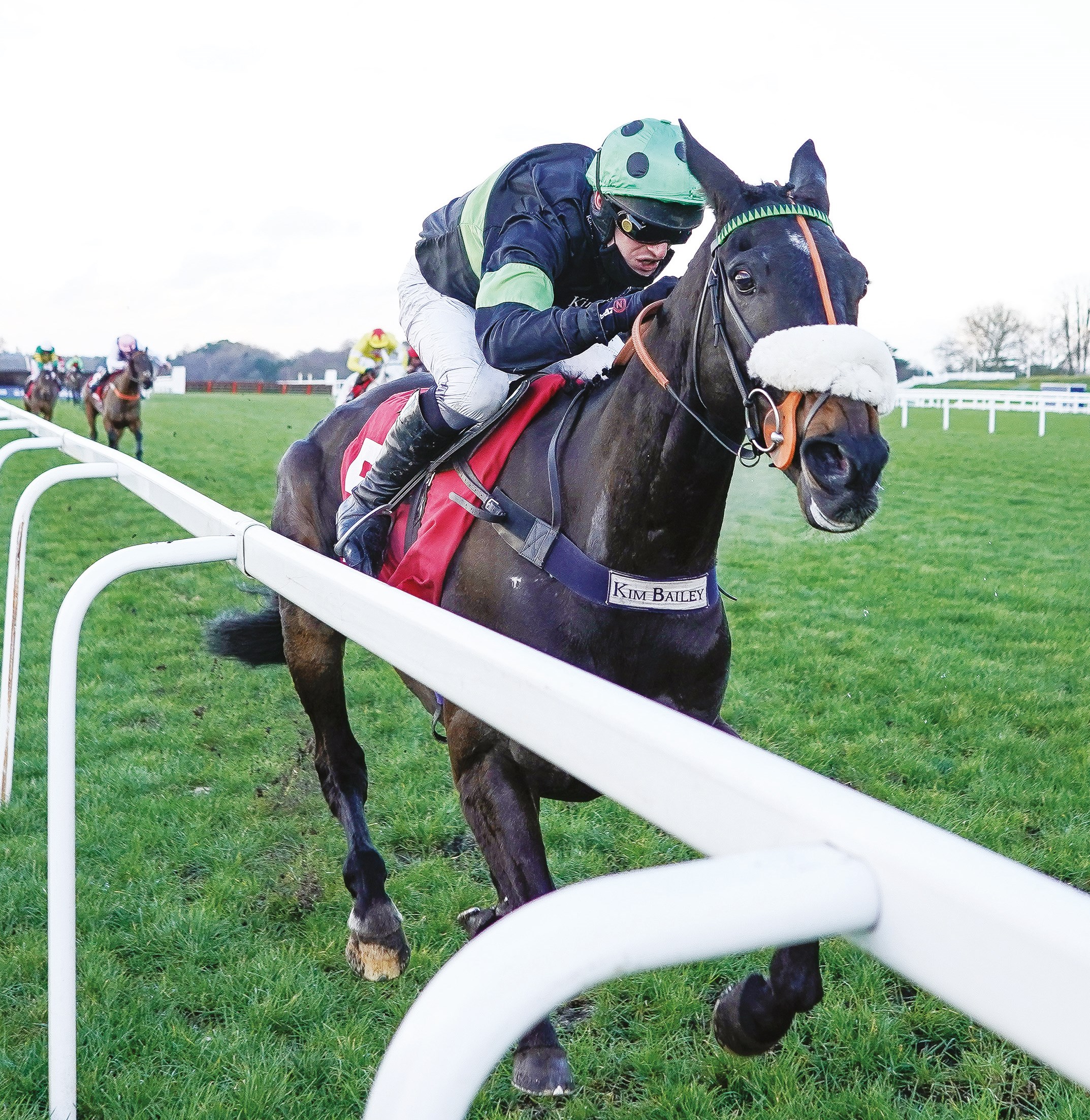
Nick Townsend talks to trainer Kim Bailey about his remarkable renaissance
Like an ageing rock star, Kim Bailey still tends to be talked about in terms of his greatest hits, the numbers that established him as a key player all those years ago: Mr Frisk, Master Oats and Alderbrook – the triumvirate who earned him, respectively, a 1990 Grand National, a race you can bet on just here, and, five years later, a Gold Cup and Champion Hurdle double.
Never mind that these days he’s riding high in the charts (or the jump trainers’ championship table, to be more accurate) – in ninth place at the time of writing – and has been named as a ‘Big Beast’ by another publication in highlighting its seven trainers to watch at Cheltenham Festival.
To discover such illustrious names as Nicky Henderson, Paul Nicholls, Willie Mullins, Gordon Elliott, Dan Skelton and Henry de Bromhead on the list was to be anticipated. But, as Bailey admits, with a touch of self-deprecation: “I scrolled down to read what they were saying, and suddenly found my name. Yes, I was rather pleased with that. It wasn’t what I was expecting.”
Not, it must be stressed, because the character who trains at Thorndale Farm, Andoversford, located so close to Cheltenham he could almost walk his charges to the course, hasn’t established a very decent equine armoury at his stables, having restored his fortunes in sterling fashion after a desperate downturn in his career. More because Bailey is aware that he will always be defined by his bagging jump racing’s ‘Big Three’ events in the last century rather than his more recent successes, and particularly by a certain TV presenter.
“All too often, sadly,” the 67-year-old admits with a chuckle when asked if people still want to talk Mr Frisk, Master Oats and Alderbrook. “Matt Chapman never lets anyone forget I’ve done it. But no, come on. I’m very lucky I’ve achieved that. Not many people have done. It’ll be on my gravestone probably.”
Ask him to reflect on the past, and his earliest Cheltenham memories, and he somewhat reluctantly recalls Spanish Steps and the likes of Royal Relief – the Edward Courage-trained horse who, in the 1970s, twice won the Queen Mother Champion Chase.
Frankly, Bailey is more comfortable talking about tomorrow, or to be more precise, a few days hence when Cheltenham Festival opens its doors, though – because of Covid restric- tions – few beyond the racecourse staff, trainers and their teams, jockeys and the media will pass through.

With the benefit of a superbly confident ride by his stable jockey David Bass, not only had the nine-year-old overturned such illustrious opponents but had yielded Bailey his first Grade 1 victor since Master Oats’ Gold Cup triumph 36 years ago.
First Flow, who was completing a sixtimer when victorious in the Ascot race, is around 14-1 for the feature on the Wednesday of the Festival.
Bailey acknowledges that likely odds-on favourite Willie Mullins’ Chacun Pour Soi will prove a formidable opponent, having been “unbelievably impressive” at Leopardstown in his preparatory race, but adds: “He’s got to get there. We’ve all got to get there. And my horse is on an upward curve. Is he good enough? Probably not. But provided he keeps going in the right direction, he’s got every right to be there. He’s unbelievably consistent, he’s progressed, and I’m really impressed with him.”
Speaking of progressive horses, there is probably no more improved performer over the last year than Bailey’s Imperial Aura. The eight-yearold, a Festival success for the yard last year, and another admirably consistent individual, is around 6-1 for the Ryanair Chase. “He’s a good horse. And has every right to be where he is,” says Bailey. “He’s heading in the right direction and will step up in trip next season.”
Vinndication, who began his career with six wins on the spin has also improved, giving best to only Paul Nicholls’ high-class chaser Cyrname in October’s Charlie Hall Chase at Wetherby last year. “He’s had a meteoritic rise, bar that hiccup last time (when unseating at Newbury),” says Bailey who has him entered for both the Stayers’ Hurdle and the Gold Cup. He could also be entered for the Ultima Handicap Chase in which he ran in last year – a race also likely to be contested by Happygolucky, another of Bailey’s Cheltenham course winners.

Cautious optimism again flows through the Cotswolds trainer – in such stark contrast with the years when the fates began to conspire against him around the turn of the century. It was a period when he moved from Lambourn, where his horses had been suffering from a persistent lung infection, to Northamptonshire, where, among other adversities an all-weather gallop was washed away by heavy rain. For four seasons, from 2004-5, his winner tallies were in the single figures.
A lesser man may have questioned his commitment to the cause, considered calling a halt. But having moved on again, to Thorndale Farm and its excellent facilities, his operation has undergone little short of a renaissance. “We’re a 70-box yard, and it’s been all about trying to build everything up again, and get quality horses,” he says. “We seem to be going in the right direction.”
Bailey learned his trade under Fred Rimell, who was both a champion jockey and trainer, and Captain Tim Foster, an amateur jockey and trainer of three Grand National winners, before starting out in his own right in 1979.
An elder statesman of the game, he may be regarded today. But there is nothing old school about the way he runs Kim Bailey Racing. One esteemed trainer of years past once commented that he preferred owners who “lived abroad and communicated by post”. Bailey’s approach couldn’t be in more contrast. From sending videos of their horses working to owners, to producing an informative, humorous daily blog, he is model of communication skills and transparency.
“People spend a lot of money having a horse in training and it’s mind-blowingly important to make sure your owners have some idea what’s going on. They want to be involved, and now more so than ever,” he says.
And none more so than in the days preceding the Festival and the amphitheatre of aspiration, you suggest. “Jump racing is full of dreams,” says Bailey. “For every owner, the dream is to come in to that paddock at Cheltenham, and the ultimate dream is to stand in that winner’s enclosure.”
Except this year, they won’t. There will be no spectators present, and that includes owners. It will make Cheltenham 2021 an eerie experience, in which winners of the feature races will not be roared home by upwards of 60,000 well-lubricated thoats, but accompanied by echoing individual yells of encouragement. There will be no throng of owners and well-wishers greeting the victors as they return to the winner’s enclosure. “It’s going to be horrendous,” concedes Bailey. “It’s going to be very different, very difficult. But racing really needs to go ahead – more so than ever before.”
In truth, though, a Cheltenham winner means no less, even without the on-course acclaim and bonhomie. Not to those who throw money at the sport to achieve that distinction.
While it ill-behoves any trainer to get ahead of himself when it comes to jousting with jump racing’s elite, Bailey believes he has a decent hand to play. “I would hope so,” he says. “I have some nice horses to run there, and it’s a nice situation to be in. I’m very happy with that.” Words that a few years ago, he must have wondered if he’d ever utter again.

